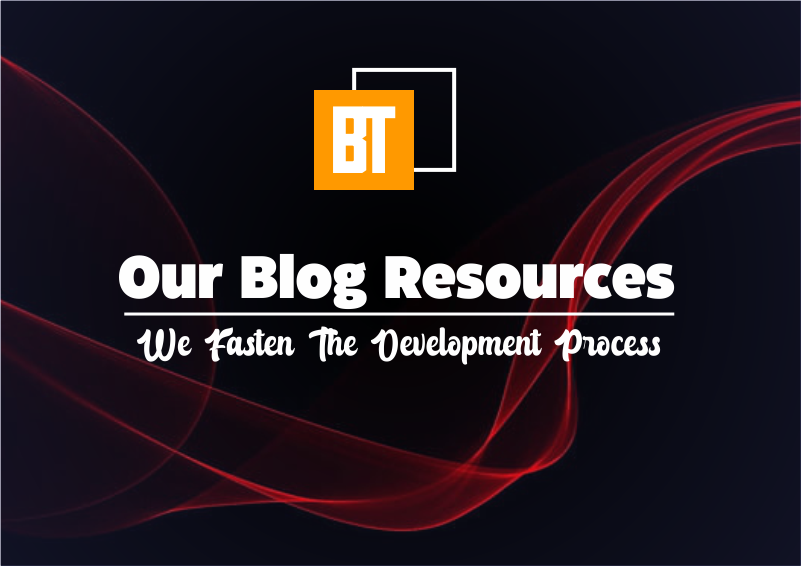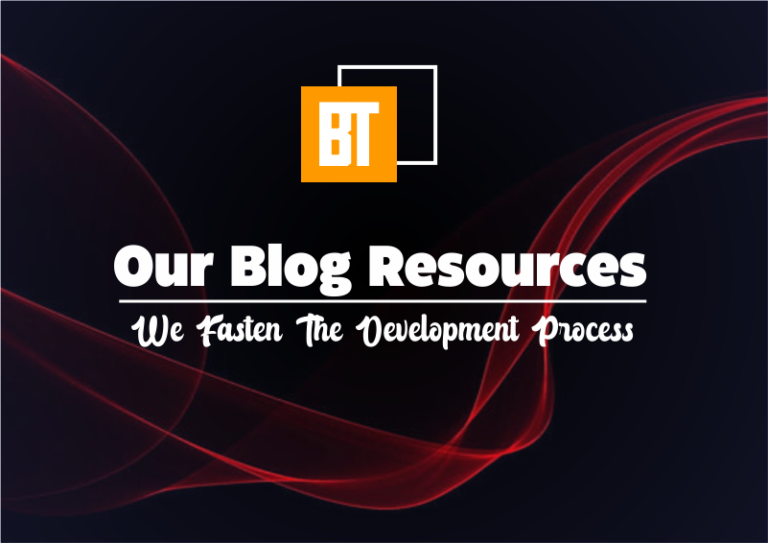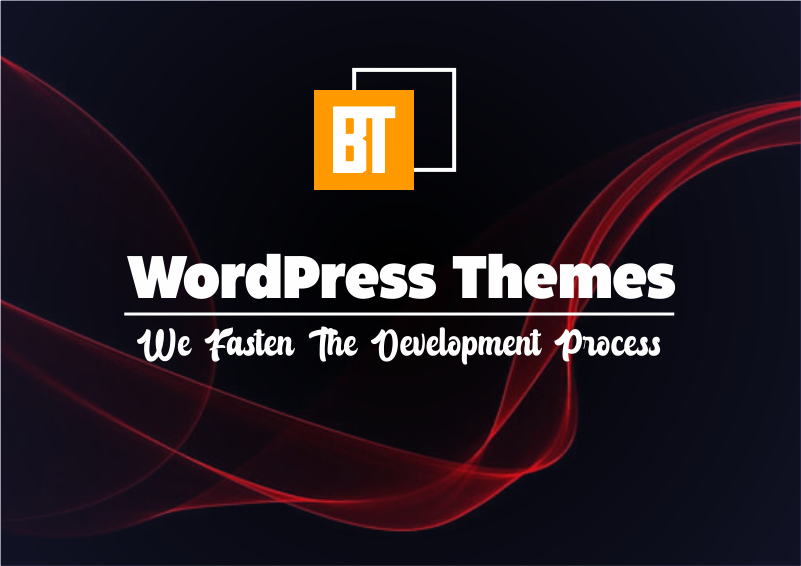WordPress Development Security Issues
One of the main reasons WordPress is so popular is that it’s easy for new users to get started. It permits the quick posting of content. To further customise the website, a plethora of modules and themes are offered by the CMS.
But because of its enormous popularity, WordPress Development has also turned into the most vulnerable content management system; if this is not addressed, WordPress security flaws will arise. The existence of cyberattacks presents a problem for website owners. They often prevent pages from loading or even take the website offline, interfering with its overall functionality.
Sensitive information being revealed and reputational hazards are two more consequences of a breach. It might be challenging to predict when bad actors will attack your website. Moreover, this is more than just a concerted attack. Additionally common are automated intrusion efforts that aim to compromise several websites at once.
Top Security Concerns Regarding WordPress Websites
It is essential to recognise and understand WordPress’s security flaws. If problems arise, you will be equipped with the knowledge and abilities to deal with them. This essay will also provide insightful viewpoints on taking a proactive approach and reducing potential risks. Let’s move forward to get started.
Insecure Passwords
There is a paucity of diligence on the part of website owners when it comes to creating complicated passwords. They think that regardless of the access credentials, they need to feel safe. This is just the opposite of the kind of thinking that one should adopt to stay clear of cybersecurity problems.
Hackers are more likely to use brute-force assaults when passwords are easy to guess. In an effort to find a match for the computer, this type of attack generates and tries a wide range of password combinations using machine learning techniques. A password that is easier to guess will make it easier to get into an account.

It is undoubtedly difficult to remember complex passwords, especially when you are managing several online accounts. But your website’s security continues to be the key concern. You have to know something about it.
If you find it too much work to keep track of many logon credentials, you might want to use one of the many easily available password managers. Try also the WordPress plugin Loginizer, which offers two-factor authentication—something that WordPress does not by default offer.
One last thing to note about passwords is that the advice described above should apply to everyone who has an account that allows them to access the website’s backend, not only the administrator.
Inadequate Updates
Updates to the system are often associated with improved functionality and the addition of new features. However, an outdated version of a website leaves it more vulnerable to security breaches. Major updates to the WordPress platform are usually released every three months by its developers.
Prioritising updates is crucial for maintaining the security of the website, even though the process of downloading and installing them may take some time. People who manage a busy schedule could unintentionally forget that WordPress updates are necessary.
If this is the case, turn on automatic updates so you can relax and stop worrying about it. Hackers find WordPress-powered websites that lack the most latest security updates to be a tempting target. In addition, the tools that cybercriminals use are smart enough to identify which websites are out of date.
Role Definitions for Users
If you are the only one managing everything on the website, role definition shouldn’t be too problematic as long as you take the appropriate safety measures. On the other hand, when several users join as members, they automatically have administrative rights.
Module modifications and content publication are possible for users with administrative access. repercussions of not defining roles well enough for security? Ignoring to remove roles puts the website at risk in two ways.
First, there are those who have been granted authorization. Someone could take advantage of their status and become a threat from within. The second is the way in which a legitimate user might reveal personal data, which would incite hackers to take over the website.

Unreliable Hosting Provider
Users of WordPress have the option to host their own material for nothing. Still, it’s not the best approach to use that to prove the legitimacy of your website. You must choose and pay for a dedicated hosting provider in order to acquire a valid and personalised domain.
There are a lot of options to think about. When choosing a hosting company, most WordPress website owners focus on price and uptime in order to find the most economical choice.
Unfortunately, this kind of strategy could backfire. One of the things you should do is steer clear of unsecure hosting. Even while moving to cloud hosting comes with a pretty hefty cost, it’s probably the best option.
Comment Spamming
Spam comments might not seem like a major security risk, but their effect on a website’s overall security shouldn’t be understated. Websites with weak security will be welcomed by bots who see an opportunity to publish comments that look real but are actually meant to send people to questionable URLs.
Spam is often inescapable, even for websites that use a plethora of security methods. The remark area can be completely disabled to get rid of this. Use the moderating feature that is built into the database settings instead. Before a comment is accepted or rejected, it must go through a manual verification process.
Malware
Finally, we shall talk about malware. Malicious software not only compromises WordPress security but also puts digital devices like PCs and smartphones at risk. For your device, you can rely on antivirus solutions. Alternatively, you can use the Ctrl Alt Del key to access the task manager and look for suspicious processes that use a lot of resources.
Malicious actors employ a specific code within the WordPress content management system to hack a website. This gives the intruders unrestricted access to harvest data or do further damage to the site. Preventing or removing malware from your WordPress site begins with implementing an appropriate maintenance schedule.
As soon as a plugin is out of date and unnecessary, remove it. If you don’t already have one, get a security programme that regularly scans your website for malware. Keep an eye out for any mistakes or other cautionary signals that your website may present. It is quite likely that this is a first sign of potential malware issues.
Conclusion
Finally, users are advised to proceed with caution when utilising WordPress due to several security flaws. Although there are security issues that some site owners overlook or fail to identify, the platform is reliable overall. When managing WordPress security issues for your website, knowing what to expect is one of the most crucial things you can do to establish a secure environment.






